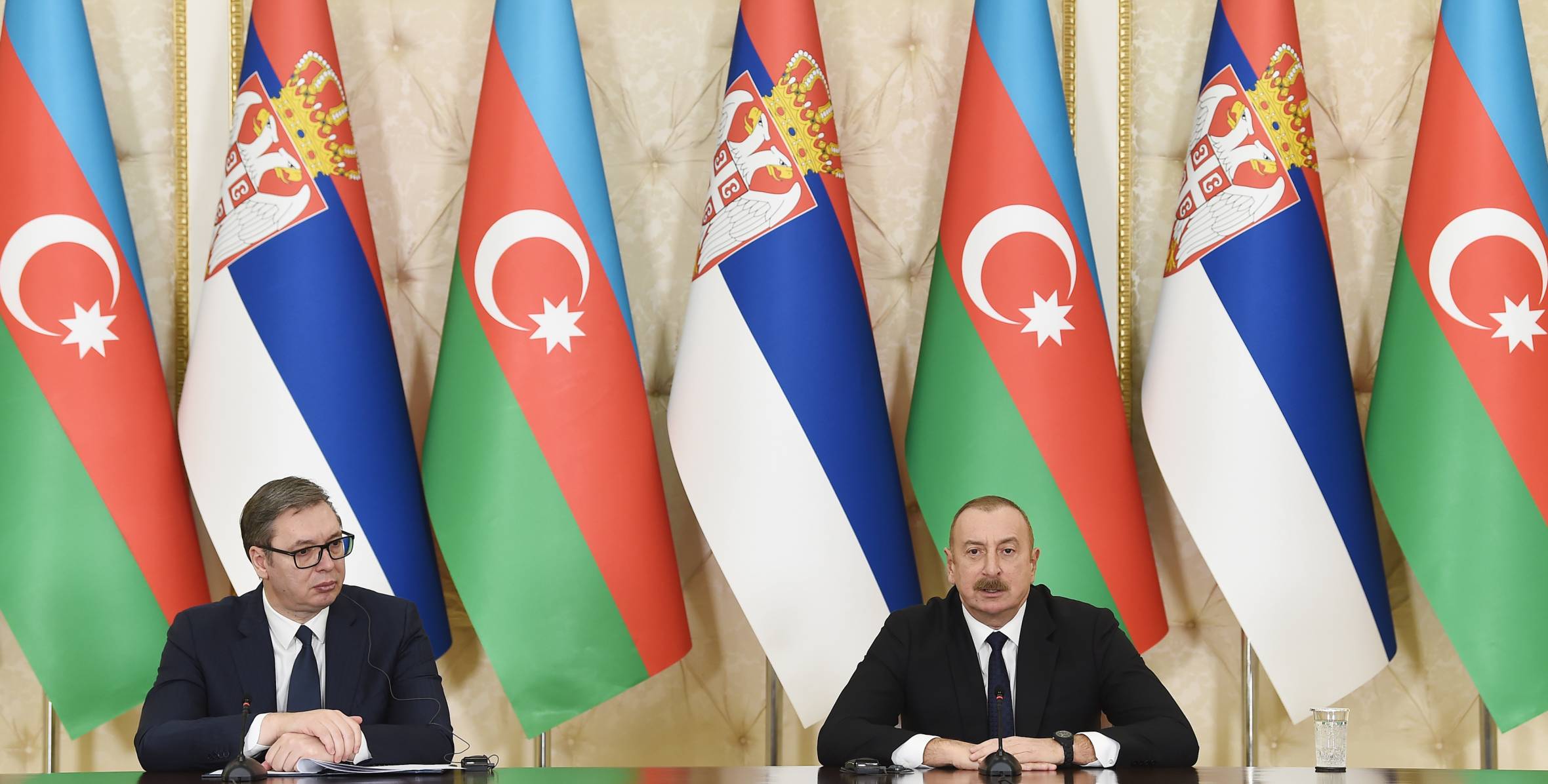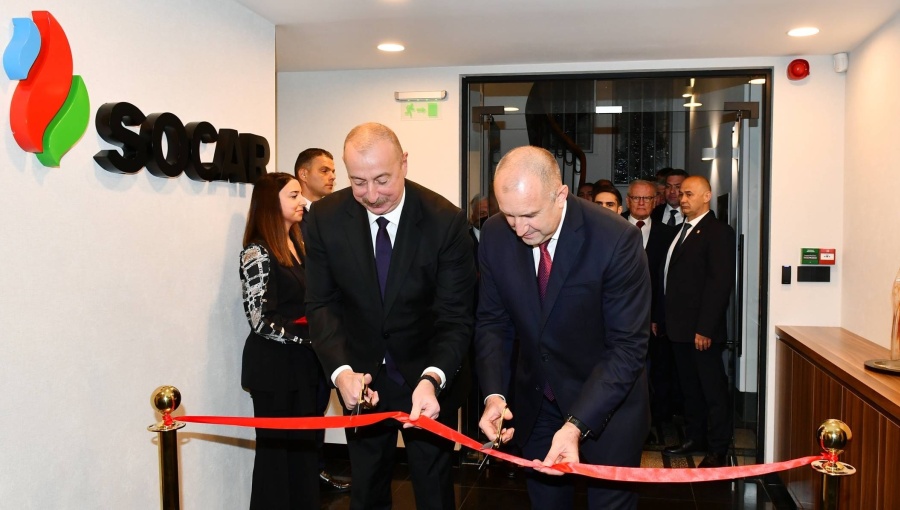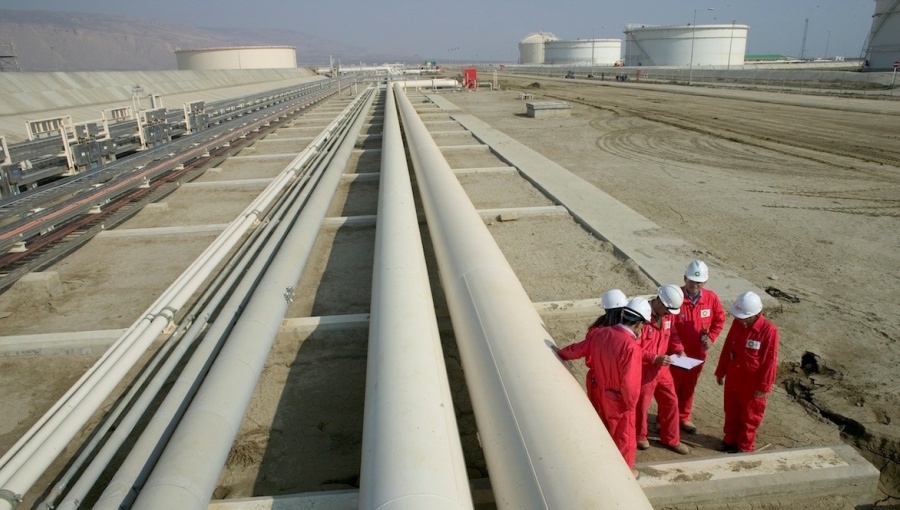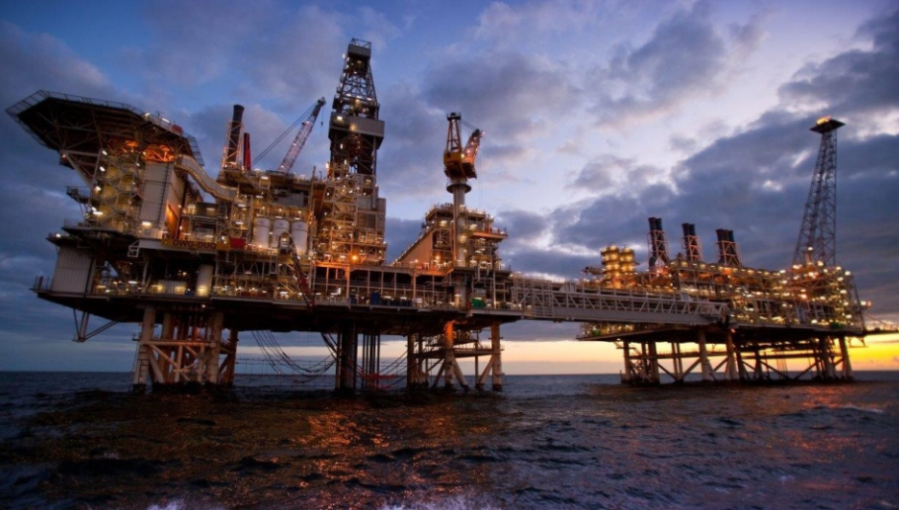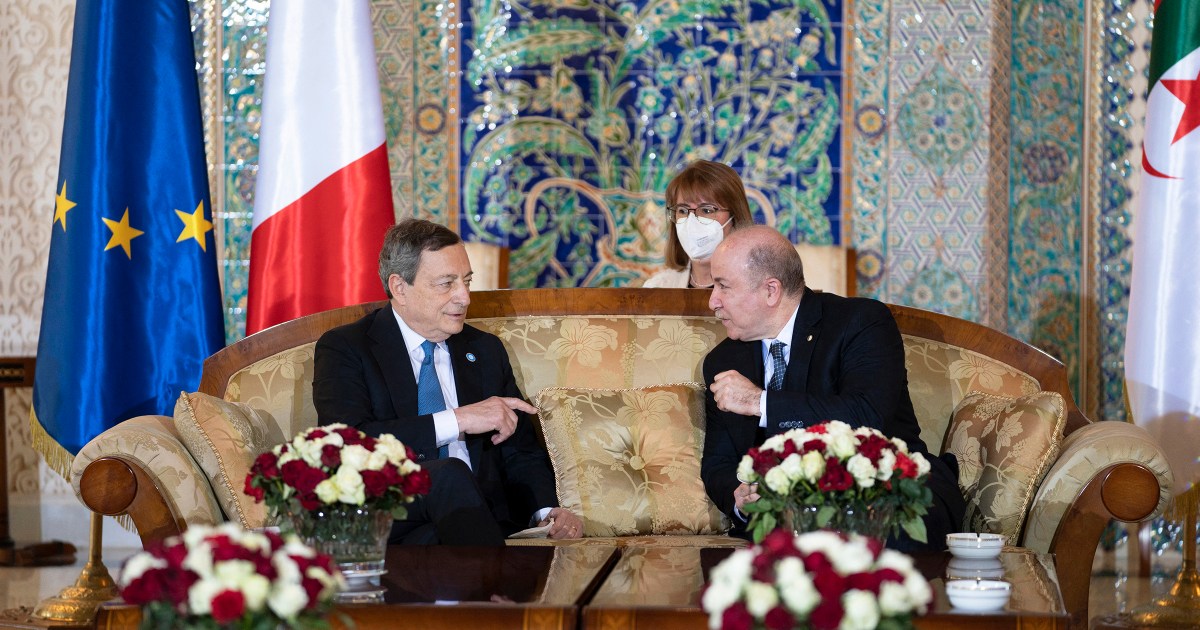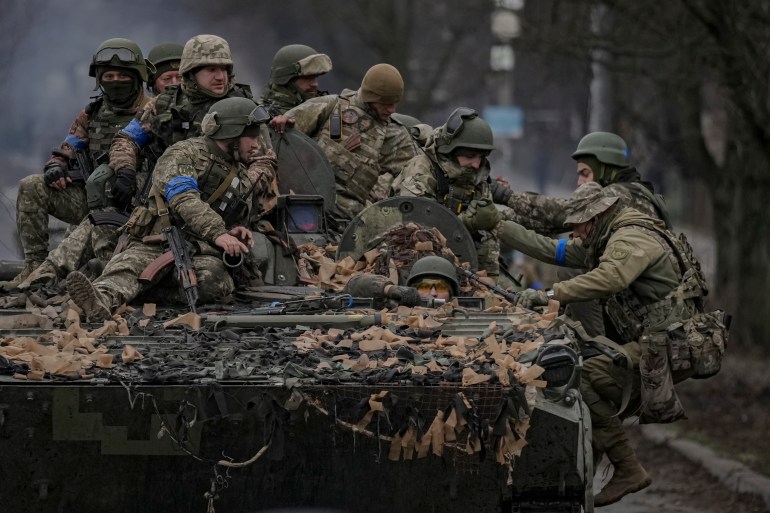
As the world’s leading energy exporter, Saudi Arabia’s decision to raise the price of oil for its Asian customers, namely China and India, is a significant development. The surprise move, announced ahead of the much-anticipated OPEC+ meeting on June 2, saw Saudi Aramco increase the price of Arab Light crude for Asia customers by over 300 percent—from $0.90 to $2.90 per barrel above the Oman-Dubai benchmark. Saudi officials cited strengthening oil benchmarks, particularly the price of Dubai-Oman crude, to justify the price hike. However, a more likely underlying motive would be Saudi Arabia’s desire to maintain high oil prices in the face of the ongoing war on Gaza and the potential for further destabilization across the Middle East, which pose a serious threat to global oil markets and the country’s economy—although the attempt to secure its own economic well-being will certainly buy it no friends to the east. Continue reading


